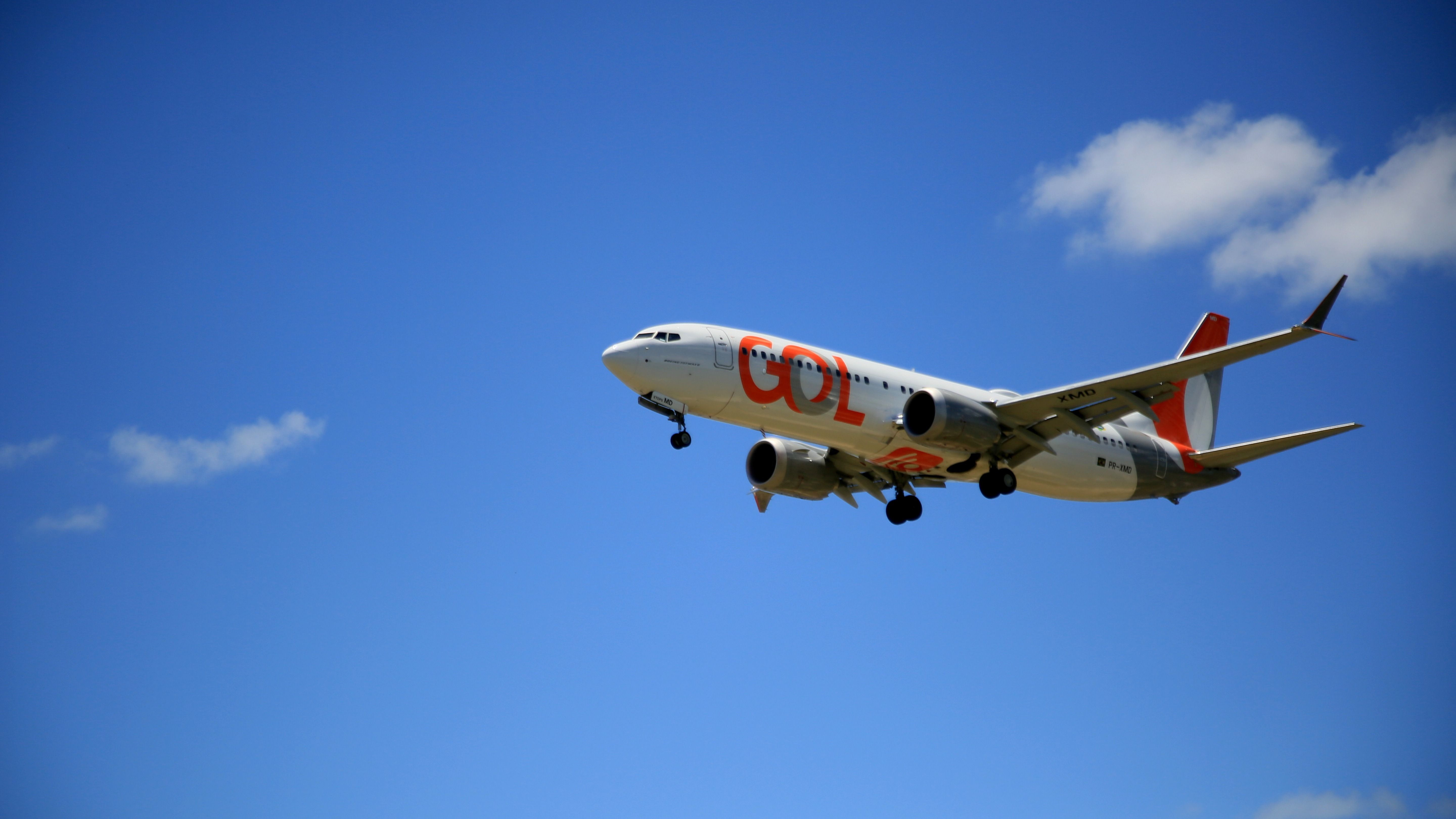Summary
- Gol Linhas Aéreas flight G3 1312 experienced an engine stall during takeoff, resulting in an aborted take off. The aircraft was able to return to the airport without any injuries reported.
- A replacement aircraft was quickly sourced, and the passengers experienced a delay of only 2.5 hours before being transported to their destination.
- The preliminary statement from Brazil's Aeronautical Accidents Investigation and Prevention Center stated that the crew heard a noise similar to a compressor stall during takeoff, but there were no further complications.
Gol Linhas Aéreas Inteligentes flight G3 1312 had planned to operate an uneventual service from São Paulo–Congonhas Airport to Belo Horizonte on August 22nd; as the aircraft was accelerating down Congohas's runway 35L for take-off, the crew noted an engine stall, calling for an aborted takeoff.
The aircraft could decelerate safely and return to the airport apron for further inspection. There were no reports of injuries to passengers or crew, and the aircraft returned to service some 39 hours later.
A replacement aircraft was sourced relatively quickly, and the passengers were transported to Belo Horizonte with only a 2.5-hour delay.
Find the latest South American aviation news here
G3 1312
Initially expected to depart at 20:05 for the 53-minute service North East, the flight was scheduled to land at 21:20. However, on August 22nd, after the issues encountered with the engine, the replacement flight ferried passengers at 22:49 and landing into Belo Horizonte by 23:42.
PR-XMN (MSN 61582), the aircraft in question is a 3.8-year-old Boeing 737 MAX 8, which was delivered to Gol in August 2021, on lease from Irish lessor CDB Aviation. It's configured with 20 premium economy seats, 166 for economy class, and powered by two CFMI LEAP-1B engines. This was the twelfth 737 MAX delivered to Gol as part of its order exceeding 100 aircraft.
The savior of the day, the replacement aircraft deployed for the stranded passengers, was PR-GUU (MSN 39607), another 737 MAX, with an age of 10.2 years, was initially delivered to Gol in November 2012, but then leased to Transavia in Europe from April 2016 to November 2017. It returned to Gol under lease from SMBC Aviation Capital.
Get the latest aviation news straight to your inbox: Sign up for our newsletters today.
Preliminary statement:
Brazil's Centro de Investigação e Prevenção de Acidentes Aeronáuticos - CENIPA (Brazil's Aeronautical Accidents Investigation and Prevention Center) released a preliminary statement concerning the issues encountered for flight G3 1312:
"During the beginning of the takeoff run, the crew heard a noise similar to a compressor stall, and the takeoff was aborted. There were no further complications."
Aborted take-offs are common.
While Gol's situation appeared to be engine-related, there are several different reasons why a pilot may choose to abort a take-off. These can range from engine problems to something just not feeling quite right and even unexpected traffic within close proximity. After all, it is better to be safe and to err on the side of caution.
An American Airlines flight in Boston had to abort its take-off earlier this month. AA457Q, an American Airlines Boeing 737 flight between Boston Logan International Airport (BOS) and Chicago O'Hare International Airport (ORD), was expected to take off on Monday 14th, at around 12:50. However the take-off clearance was abruptly canceled out of an abundance of caution when air traffic control noted Spirit Airlines flight NK 1444 coming quite close to the runway hold the line.
Sources: AvHerald, Aviancionline





